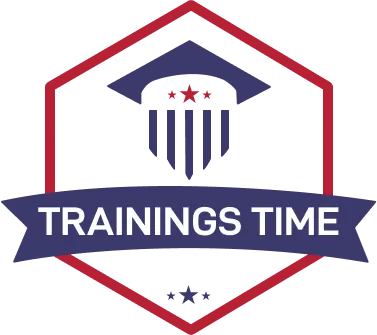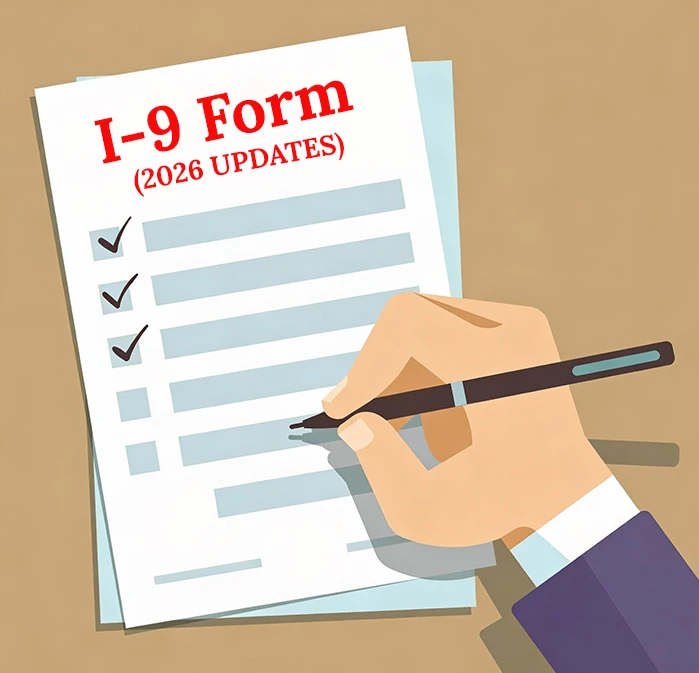If there’s a time to rethink your handbook, now. The timelines have less to do with the year 2026, the obvious time to roll out a replacement handbook, and more to do with the wave of changes that recently swept the workplace based on the change in administration and their updated policies, including the One Big Beautiful bill Act.
The OBBB Act, signed into law on July 4, 2025, impacts employee benefits and payroll administration. You should update your employee handbook to address the following changes:
- Tip and overtime tax deductions:For tax years 2025 through 2028, the OBBB Act creates new, temporary federal tax deductions for eligible employees.
- Tip deduction:Employees in customarily tipped occupations can deduct up to $25,000 in qualifying tips from their federal taxable income.
- Overtime deduction:Employees can deduct up to $12,500 of qualified overtime premium pay from their federal taxable income ($25,000 for joint filers).
- Employer reporting:You must update payroll systems to separately track and report both qualified tip and overtime pay on employee Form W-2s. Your handbook should clearly explain that these earnings are still subject to Social Security, Medicare, and state taxes.
Beyond the OBBB Act, you should also consider other updates for 2025:
- Remote and hybrid work policies: Formally document expectations for working hours, communication, equipment use, and security for remote and hybrid employees.
- Artificial intelligence (AI): Establish clear guidelines for using AI in the workplace, including which tools are approved and for which tasks.
- Updated paid leave laws: Check your local and state laws, as many jurisdictions are implementing new requirements for paid sick and family leave. For instance, California has new sick leave provisions for 2025.
- Anti-harassment and inclusion: Ensure your anti-harassment and anti-discrimination policies reflect current legal guidance and include a clear, accessible reporting procedure. Using inclusive language throughout the handbook is also recommended.
- Employee classification: Revisit rules on overtime exemptions, particularly in light of recent court rulings and increased salary thresholds. Some states also have their own minimum salary requirements.
Federal, State, and Local regulations are in place, and regulatory agencies are revving up audit focus for 2025 and beyond. For example, Immigration Enforcement requirements. Many state regulations and multi-state regulations are impacting which laws supersede federal regulations.
Workers’ new expectations may clash with employers’ old policies. Policies that ban flexibility, certain policies, as per the temporary and permanent changes in the workplace.








